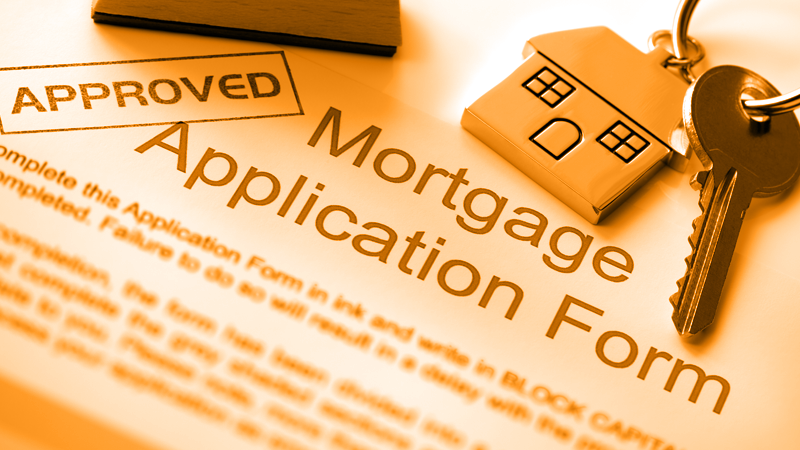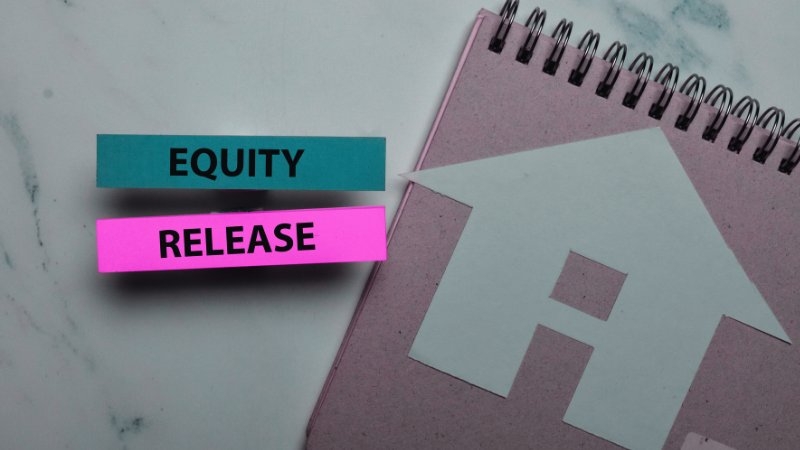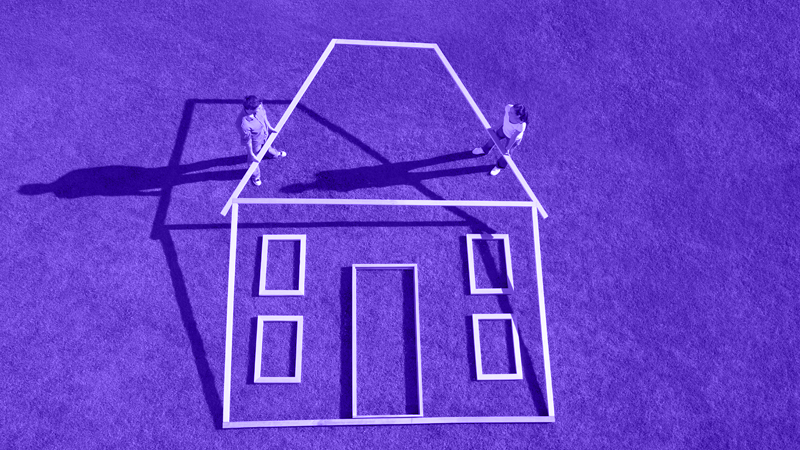Before searching the mortgage market for the right product and submitting your application, it is worth taking the time to understand the mortgage process.
In this post, we will explore the mortgage underwriting process.
What is Mortgage Underwriting?
Underwriting is one of the final elements to be concluded before a mortgage application is approved, and at which point the lender accepts the financial risk of the mortgage agreement.
What is the Mortgage Underwriting Process?
The mortgage underwriting process includes undertaking checks on the applicant(s) credit history and affordability as well as checking the property to be associated with the mortgage. Each lender will also have its own policies regarding underwriting and eligibility criteria that will need to be met, as well as fraud checks.
During the process, an underwriter will perform the checks that ensure the suitability of the mortgage applicant(s) and the property.
The process is undertaken to protect the lender from as many risks as possible, ensuring that only certain applications are approved where all criteria are met.
Each lender will have their own mortgage underwriting process, where some of the checks may be completed electronically and automatically and some checks are a manual process.
Need more help? Check our quick help guides:
- Reasons why a mortgage could be declined on affordability.
- How reliable is a mortgage in principle?
- How do joint mortgages work?
- Can you get a mortgage on a fixed-term contract?
The Process will usually involve the following steps:
- Soft Credit Check – This is commonly an electronic, quick process that provides a yes or no answer if the application can be proceeded with. High-level issues are usually flagged within this stage such as bankruptcy.
- Score-carding – This step usually takes place following the initial soft credit check and any further data gathering exercises as required by the lender’s criteria. The applicant(s) are usually provided with a score based on the personal information provided within the application including income levels, employment status and debts. This is often a mainly automated process and the applicant(s) would need to pass the minimum score set by the lender in order to proceed with their application. Commonly if successful at the score-carding step, the lender may offer a Mortgage Agreement in Principle.
- Property valuation and final underwriting – Lenders will usually require a property valuation to be completed as part of the underwriting process. Once the report from the surveyor has been submitted to the lender, it will be reviewed ensuring that the property’s condition and type meet the lender’s criteria.
In addition, the value of the property will also be reviewed in association with the final, in-depth checks of the applicant(s), the finances and the suitability of the loan to the property.
What are the Mortgage Underwriting Checks?
There are a number of factors that will be assessed as part of the process to ensure that the applicant(s) meet the lender’s borrowing criteria. These include:
- Policy Rules – The lender will have a range of policy rules that must be met in order to approve a mortgage application including ratios and calculations on a range of factors such as age, credit history, legal residency status, maximum loan values and loan to value ratios in relation to the property value and the level of deposit that the applicants are putting towards the property.
- Credit Reporting – In addition to reviewing the credit score of an applicant, the lender may also apply their own scoring model as well.
- Property Checks – As already discussed, a property valuation will be required so that the lender can ensure that the property is suitable for the loan. Certain types of properties are commonly not accepted such as properties that have suffered from subsidence or are made with certain construction materials or methods.
- Affordability – This can be a combination of income multiplier calculations to establish the total amount that lenders will offer, as well as affordability assessments that take into account the applicant(s) expenditure and disposable income. The affordability assessments test the applicant(s) ability to absorb interest rate rises for example.
- Fraud Checks – There are a number of legal checks that the lender will need to undertake to ensure they are satisfied with the source of the funds of the deposit as well as general fraud checks to ensure the credibility of the applicants.
Related guides:
- When was my house built?
- Buying out a sibling from an inherited house
- How long does it take to release mortgage funds?
- Does a valuation mean that a mortgage is approved?
- Mortgage lenders that accept benefits
- Can I extend my interest-only mortgage term?
How long does the Mortgage Underwriting Process take?
Again, each lender may vary their expected underwriting durations however often decisions are made within around a week. There can be delays should additional information be required or if the underwriting teams have an influx in the volume of applications to assess.
Why would an Underwriter Reject a Mortgage Application?
Unfortunately, mortgage applications can be declined at various points of the underwriting process, for a range of reasons. There are usually two reasons provided:
- Something has changed since the application was submitted such as an applicant has been made redundant
OR - The underwriter has discovered something that flags the application as high risk and therefore the lender is not willing to make a mortgage offer. Should an offer already have been made and the underwriter makes this decision, the offer of a mortgage can be withdrawn.
Related guides:
- Mortgage 5 times salary.
- Can you get a mortgage on land?
- Refurbishment mortgages.
- Part and part mortgages.
- HMO mortgages.
There is a range of common reasons why mortgage applications are declined by underwriters as follows:
- High Levels of debt
- Unacceptable Credit Score and Credit History
- Affordability concerns due to high monthly expenditure
- Mortgage deposit insufficient
- Salary or Employment Concerns
- Concerns with the Property’s condition, construction or value
- Technical Errors or Insufficient Information
What Happens if a Mortgage Application Is Declined?
Should you find yourself in the position of having a mortgage application being declined, the first advice is to try and remain calm and find out why from the lender.
Next, it is highly recommended that expert advice is sought in order to review all of the circumstances involved before the applicant(s) attempts to make any further applications.
What is a Mortgage Underwriter Summary
In this post, we have explored the underwriting process that lenders complete in order to check the suitability of the applicant(s) and the property linked, as part of the mortgage application process.
Should you require further details regarding the process or would like support throughout the process, please check in touch with our expert brokers who can assist with assessing your personal circumstances against the lender’s criteria to protect against declined mortgage applications.
Call us today on 03330 90 60 30 or feel free to contact us. One of our advisors will be happy to talk through all of your options with you.
Further reading:

















